
To write a summary of the biggest news stories of 2020 in the Caucasus, would be, in effect, to write a book. Instead, here, we will look to the future, and examine the developments we expect to make the news in 2021.
Vaccination worries
We have no idea how the mass inoculations will go, and what kind of vaccine will be rolled out in each specific corner of the region. For now, it is still too early to tell.
Russian authorities have started deploying their Sputnik V vaccines in early December, primarily targeting frontline workers. Sputnik V jabs, still under trial but authorised for emergency use, have already reached all of Russia’s North Caucasus republics and were offered to school teachers and medical workers. According to authorities, mass vaccinations are already underway in North Ossetia and Kabardino-Balkaria.
Sputnik V’s efficacy has been questioned by both local and non-Russian experts due to lack of research transparency and a suspected rush in getting the vaccine approved.
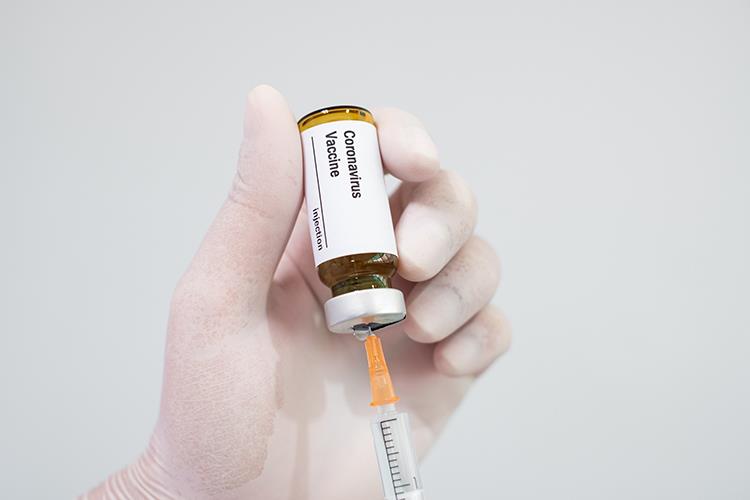
While the Russian government was eager to donate some of their domestically developed vaccine samples to Armenia in November, the Armenian authorities are eyeing the AstraZeneca vaccine for mass inoculations. They hope to receive the first doses of this latter vaccine in February or March.
On 18 December, Azerbaijani President Ilham Aliyev mentioned the Russian Sputnik V among the possible vaccines that the country might buy — though Azerbaijan’s Management Union of Medical Territorial Units sad earlier that they would seek to obtain only those approved by WHO.
Like Armenia and Azerbaijan, Georgian authorities also expect to get vaccines through WHO-backed COVAX global immunisation access campaign between February and April. According to officials, there will be ‘more than one’ vaccine and primary vaccination target groups will initially be medical workers and the elderly in nursing homes.
Nikol Pashinyan’s political future
There is no doubt that the 44-day war between Armenia and Azerbaijan — that left thousands dead, and thousands more wounded and displaced — was the most consequential event in the region this year.
Following the Russia-brokered peace declaration of 10 November that ended the war and resulted in Armenian forces ceding control of territories to Azerbaijan, Armenian Prime Minister’s Nikol Pashinyan’s rule has been challenged by ongoing street protests, an alleged assassination plot, and a series of resignations from his party.
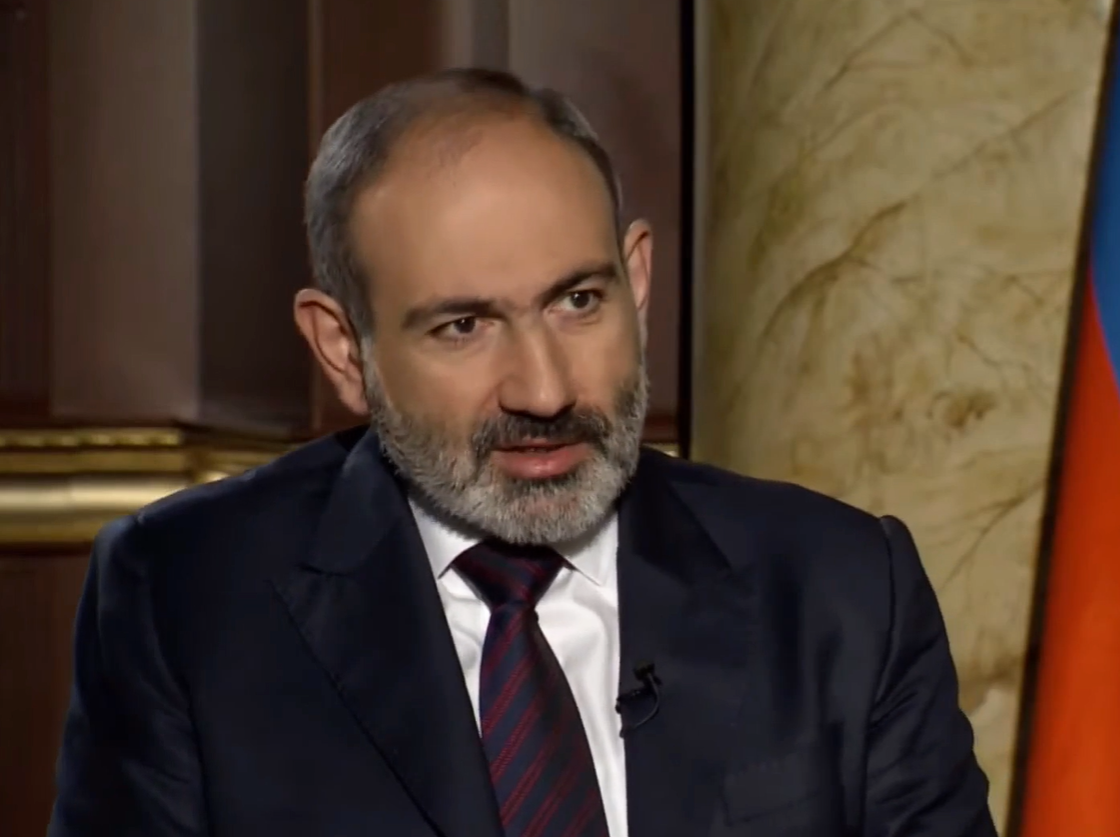
In the weeks that followed the deal, demands for his resignation from Church officials, accusations over failure to duly address the fate of captives and POWs, renewed skirmishes in Nagorno-Karabakh, and uncertainty over the demarcation of the Southern border with Azerbaijan has only added on to the pressure.
Pashinyan has recently announced plans to hold extraordinary parliamentary elections in the upcoming year while the opposition groups continue demanding his immediate resignation. Pashinyan’s political fate hangs in the balance and 2021 will provide decisive not only for him but for the future of Armenia.
Socioeconomic issues in Azerbaijan
Azerbaijan is entering the new year with strict quarantine measures that oblige the public to use an SMS system to acquire permission from the police in order to leave their home for a maximum of three hours per day.
This is the third time the SMS permission has been instituted during the pandemic and has left a great deal of economically insecure families on the verge of poverty, while the government provided as little as $112 per month for the unemployed.
The death of working-age men in the war, as well as the destruction of homes and property, have resulted in many families losing their livelihoods, which were already imperilled by the pandemic.
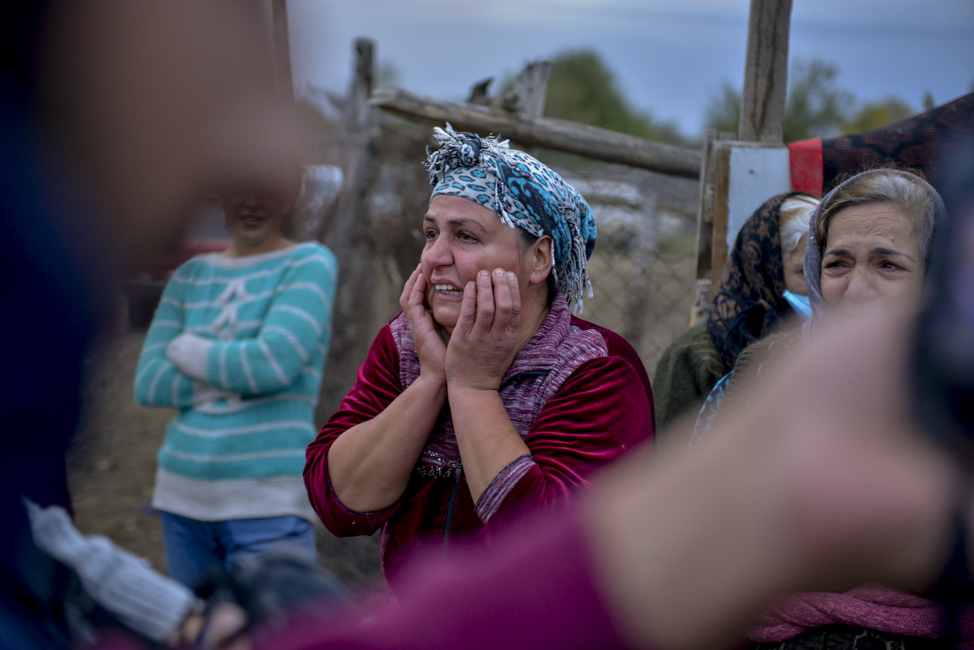
And while the general public’s mood is jubilant in celebration of the victory in the second Nagorno-Karabakh war, IDPs impatiently wait for any information on when and how they will be returning to the towns and villages they had left 30 years ago.
Though the Azerbaijani government has stated that all of the IDPs have been provided with housing throughout these years, many families still live in university dorms, kindergartens, or occupy the property owned by others — given to them on an ostensibly temporary basis nearly three decades ago.
With Azerbaijan regaining control over parts of Nagorno-Karabakh and the adjacent territories, most IDPs will likely lose the status and social benefits they had during the years of displacement. Though the process for their resettlement is yet to be unveiled by Azerbaijan’s state institutions.
Meanwhile, a shortage of aid to the families of war veterans and poor conditions for currently deployed soldiers have sparked public indignation, and have revealed cracks — even if they are very slight — in the post-war, pro-government public consensus.
Ongoing political deadlock in South Ossetia
The murder case of Tskhinvali (Tskhinval) resident Inal Dzhabiyev in police or KGB custody in August still has not seen been sent to the court.
The scandal of alleged torture and murder in late August shocked the region, triggering resignations and paralysing the South Ossetian parliament.
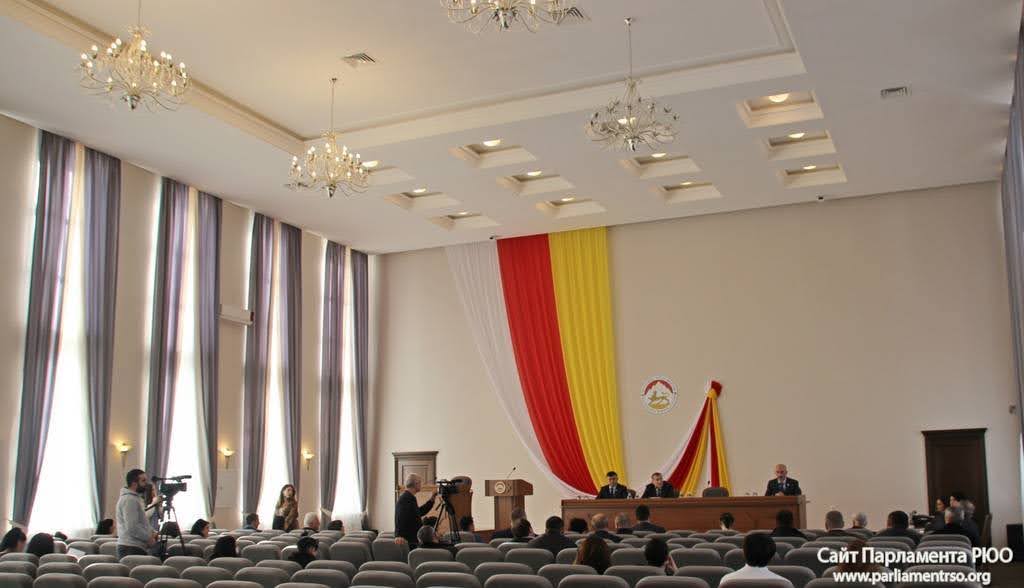
South Ossetian President Anatoly Bibilov, who refused to fire the Prosecutor-General and defended his ex-Interior Minister of culpability in the scandal, has been unable to convince MPs to help him form a new government.
As some of the lawmakers have faced indictments after their boycott, it remains unclear how South Ossetia will overcome this stalemate.
Another year of political turmoil for Georgia?
Georgia meets the new year with the newly elected parliament boycotted now by all opposition parties.
The ruling Georgian Dream and the opposition have been at serious odds since late 2019, as opposition groups have protested the ruling Georgian Dream’s failure to keep their promise of making the parliament fully proportional, that is, based only on party lists.
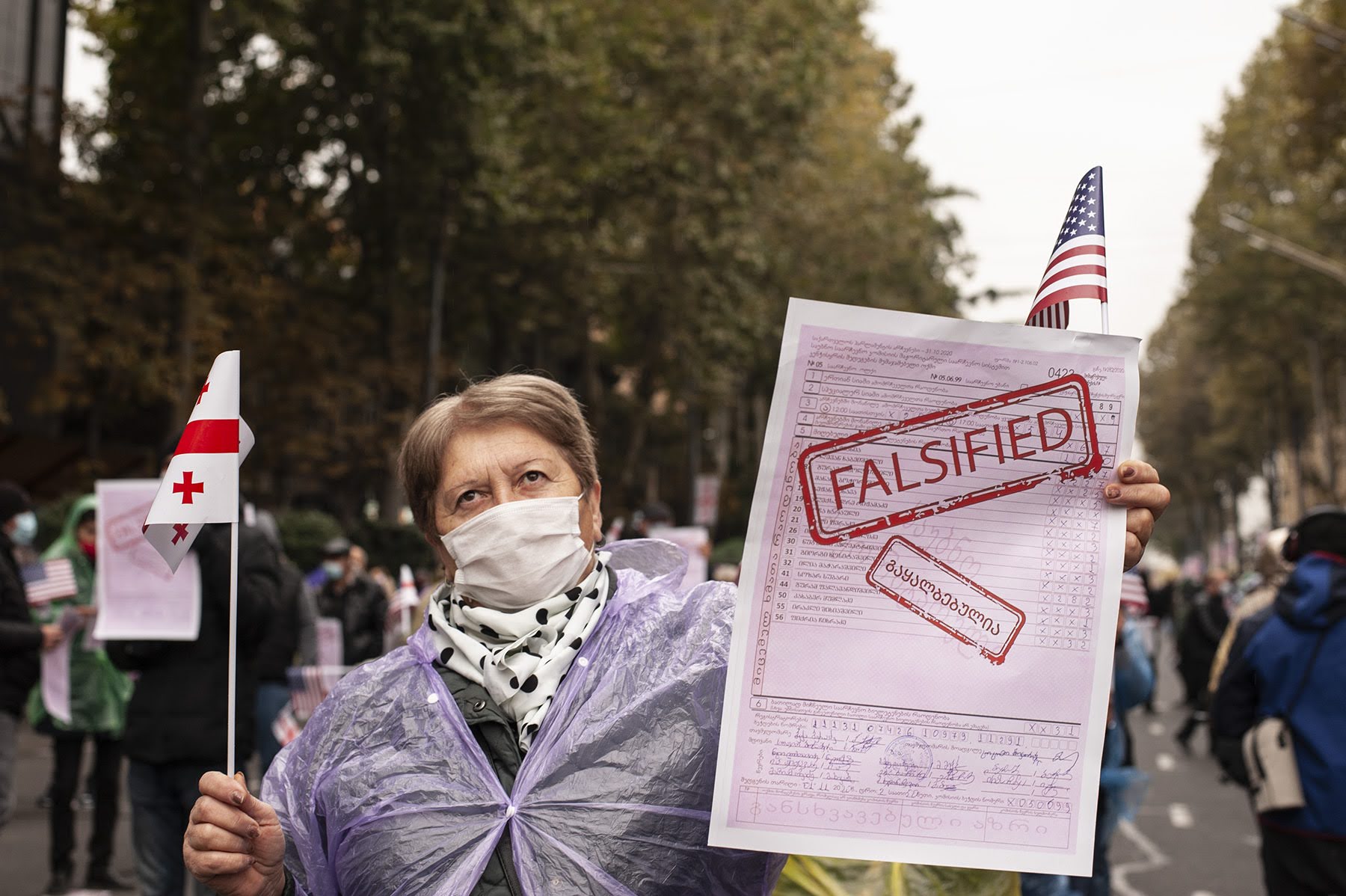
While an agreement reached in March briefly ended the political deadlock, all eleven opposition groups (6 parties and 2 coalition blocks) currently reject the legitimacy of the October parliamentary vote results citing election violations.
The October vote results announced in early November was supposed to cement the third term for the ruling party, unprecedented in the country’s history. Instead, Georgian Dream now awkwardly run a one-party parliament and fear that the opposition is planning a series of spring street protests aimed at toppling the government.
Instability in the North Caucasus?
In January 2020, as the Ingushetian government continued persecuting dissidents who opposed the 2018 land swap deal with Chechnya, Chechnya moved quickly to announce the completion of a controversial border demarcation with another neighbouring republic — Daghestan.
Since then, the border disputes among the neighbouring republics of the North Caucasus have relatively died down.
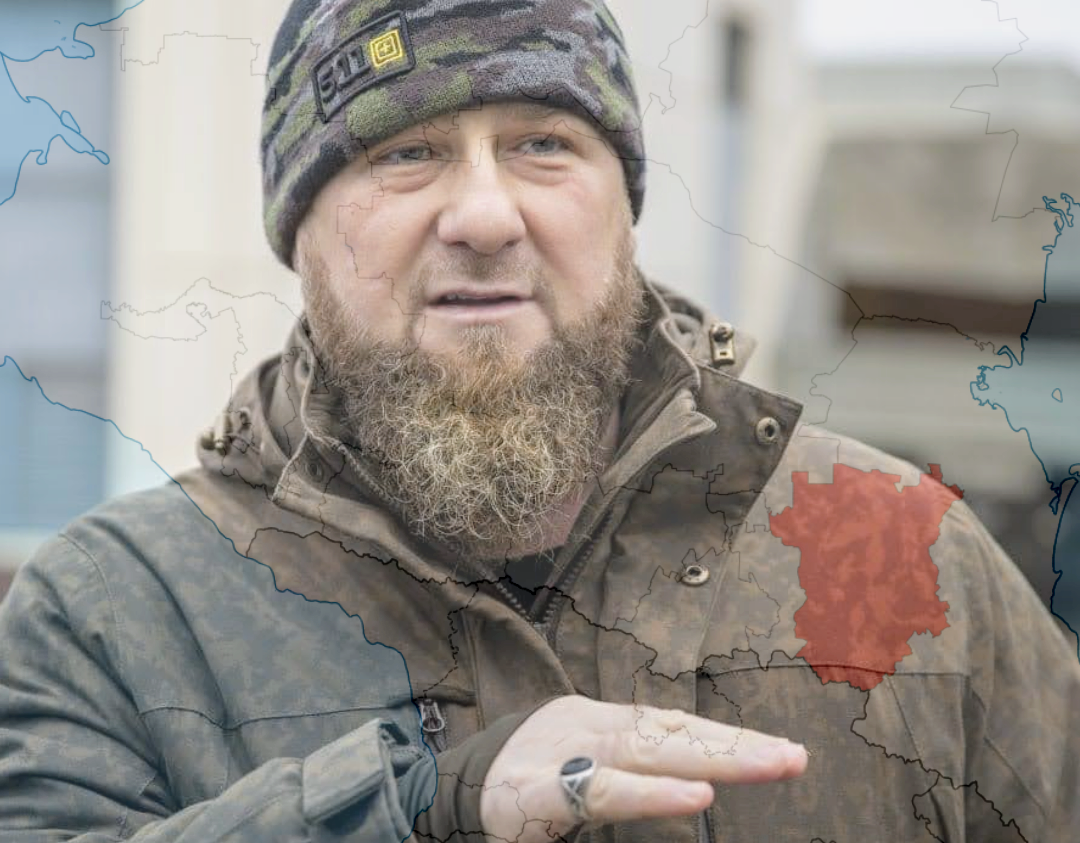
In Ingushetia, the fallout from their border dispute, in particular, the ongoing crackdown on opponents of the land swap, threatens to disrupt internal stability in the new year and may spark new uncertainty in the relationship with Chechnya.
Daghestan too may suffer renewed instability from ongoing border disputes. In June, the Chechen parliamentary speaker Magomed Daudov complained that, despite previous announcements to the contrary, the border demarcation with Daghestan was still not implemented and that Daghestani authorities were not cooperating. Some Daghestanis remain worried that parts of the other three districts — Botlikh, Gumbetovskiy, and Tsumadinskiy — can also be claimed by Chechnya’s leaders.
The Chechen Republic itself continued to be troubled by attacks on police by militants throughout 2020, with the latest taking place on 28 December in Grozny.
Further to the west, the Republic of Karachay-Cherkessia has also been rocked by violence. In early December, a suicide bomber set off an explosion near the FSB building in the north-eastern Karachay-Cherkessia.
In total, Russia’s National Anti-Terrorism Committee reported about 15 thwarted terror attacks in North Caucasus since January. That said, it is hard to say what the real situation with regard to extremism looks like in the North Caucasus, as law enforcement agencies are expected to continue what the local and international watchdog groups have been calling the abuse of anti-extremism legislation, in order to target dissidents, religious minorities, and journalists.
For ease of reading, we choose not to use qualifiers such as ‘de facto’, ‘unrecognised’, or ‘partially recognised’ when discussing institutions or political positions within Abkhazia, Nagorno-Karabakh, and South Ossetia. This does not imply a position on their status.









